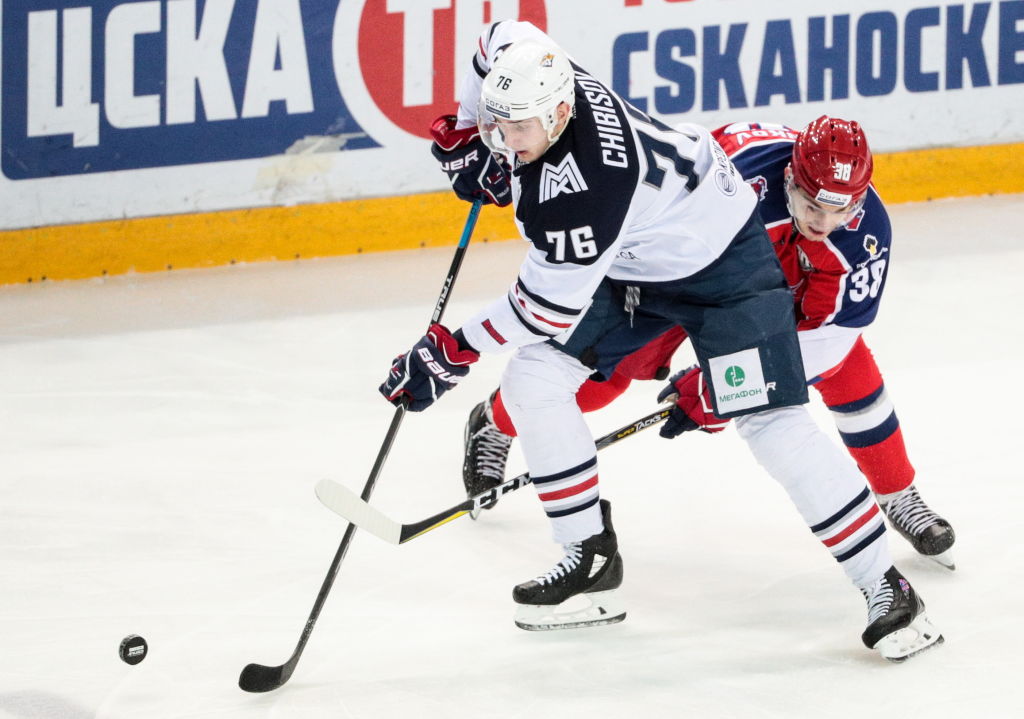
When Russian forward Andrei Chibisov was called up to play with the Winnipeg Jets, he was immediately surrounded by a support network.
Chibisov is aligned with two of his countrymen – at the NHL level, defenceman Dmitry Kulikov and on the AHL side, Manitoba Moose goaltender Mikhail Berdin – who translate hockey words: where to skate, where to stop, where to be positioned on certain assignments.
When Paul Maurice speaks to players finishing their routes, those hockey words need to be communicated.
What curbs the learning curve for non-English-speaking players in the fact hockey is now a global game.

Get daily National news
In fact, Jets forward Nick Shore was Chibisov’s centreman in the KHL last season – exposing the 26-year-old winger to an English and North American influence.
This adds another layer of support to Chibisov in the Jets’ system, which is one of inclusion – not exclusion, like decades ago.
The advancements in the global game have provided the NHL with some of the best players to play the game.
And while English lessons and support systems provide a big assist in the path to success, the key asset in communication for Chibisov or any global player is their hockey brain — the ability to translate the game in their mind at a certain level, and the skill and ability to play at the highest level of hockey.








Comments